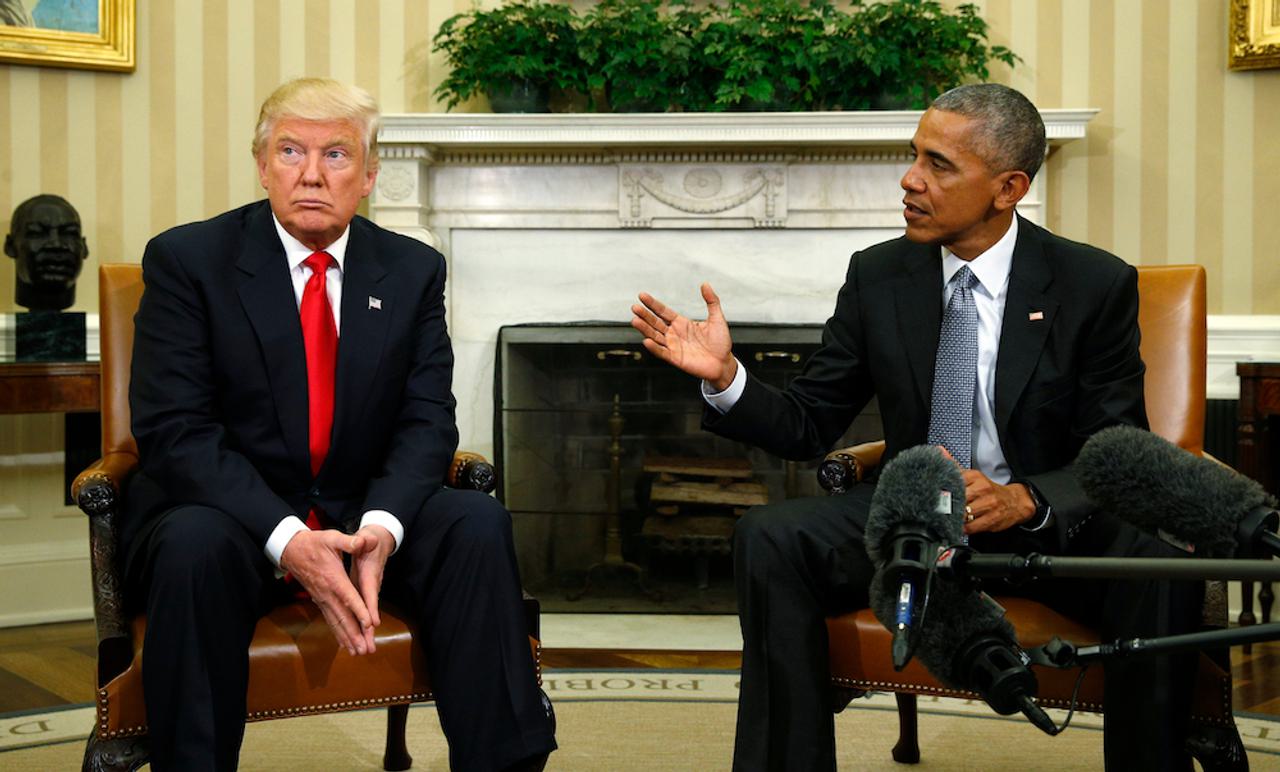
Helena Kennedy QC: ‘Citizenship is not a privilege, it is a protected legal status’
A few months ago the Supreme Court decided in the case of Hilal al Jedda that it could not withdraw citizenship from an individual if this would leave him or her stateless. The Government does not take well to judgments saying it has done something contrary to law.
Increasingly, the response is not to reflect on whether the course of action might be ill-considered but just to change the law. Blow a raspberry at the judges.
Theresa May has been quietly taking away passports from people for some time. The Home Secretary has announced that 27 UK citizens have had their passports removed. It is known that at least 15 of these were abroad but the precise number is uncertain because the government is refusing to disclose the complete figure.
At least two of those whose families received the official Notice of Deprivation were suspiciously killed afterwards by the use of US drones.
Another, Mahdi Hashi, was picked up by Djibouti’s secret police, whom he told he was British. After calls, the agents told him the British authorities said he was no longer a British citizen. He had no other passport and was therefore rendered stateless. This meant he had no access to consular advice as to his rights; no representations were made that he should be brought before a court. As a result he was interrogated at length with no legal protection, handed over to American agents, further interrogated and then hooded and flown to the US without any extradition proceedings.
Related story – Missing British-Somali man reappears in New York court
The proposal to allow the Home Secretary to deprive a naturalised citizen of his or her citizenship not only risks damaging the UK’s international relations but also risks breaching a whole swathe of international obligations. The reason the government gives is that they want to prevent terrorism, but deprivation of citizenship is not a viable alternative to the responsible prosecution of alleged criminal conduct.
Citizenship is not a privilege; it is a protected legal status. The US, Germany and many other states would not dream of removing citizenship under any circumstances. The answer to conduct we deem criminal is to prosecute it.
Deprivation with all its consequences in the modern world is equivalent to a penal sanction of the most serious kind – but imposed without a criminal trial, without conviction, without close and open examination of the evidence and without the opportunity to defend yourself.
All of this is contrary to due process – a fundamental human right.
The UK has no right to expect other states to accept its outcasts. If the UK removes the citizenship of someone while they are in the UK, what are we going to do? Press an obliging state to take them on? Export our terrorist problem to some other place? Isn’t the threat of international terrorism one that nations were seeking to address collectively? Is our security really going to be improved? And what will the impact be of creating two tiers of citizenship – those who are natural, free-born Brits who cannot ever be rendered stateless, and the immigrant who becomes naturalised but can be rendered stateless?
The position of those deprived of citizenship while abroad is also complicated. Another state is entitled to feel aggrieved if they allow someone to enter because they bear a British passport but then find that they are lumbered with a stateless person. They would be entitled in law to put them directly on to a plane and send them right back to Britain, as a problem for Britain to deal with. How this helps our security is hard to imagine.
Related story – Lawyers warn that proposed statelessness powers may be illegal
Even if the person is entitled in principle to apply for citizenship of another state, why would any other state entertain such an application from someone barred from British citizenship because we consider them a threat to national security?
Deprivation of citizenship is another way of avoiding the old-fashioned process of putting people on trial if they are suspected of doing wrong. It is a way of short-cutting the rule of law. Hannah Arendt said that statelessness deprives people of ‘the right to have rights’. It is a policy that has been used by the worst tyrannical regimes. It was why so many people wandered the world stateless after the Second World War and why in 1961 the UK with other nations signed up to the UN Convention on the Reduction of Statelessness. This intended change in the law will be a source of shame to us in the years to come. It must be opposed by us all.
Baroness Helena Kennedy QC is one of the UK’s top human rights lawyers and a Labour member of the House of Lords. She is the lead barrister in Mahdi Hashi’s appeal against the loss of his citizenship. Her personal website is here.
In the Comment section of our website, we invite leading commentators and those expert in their field to comment on the Bureau’s work, its impact and public policy issues associated with our investigations. The views expressed here are the views of the writer, not of the Bureau.
Homepage photo: English PEN by Flickr Creative Commons




